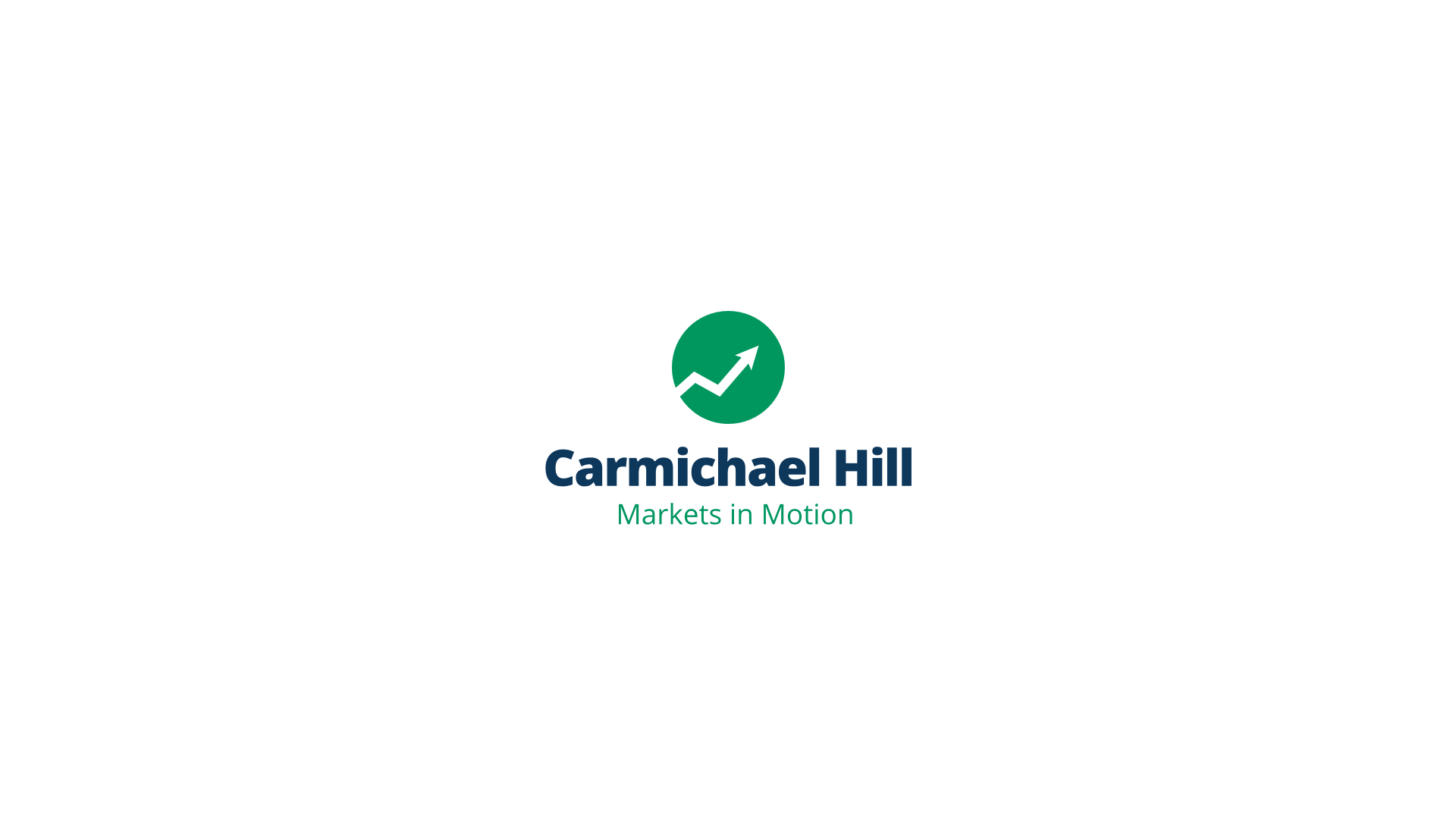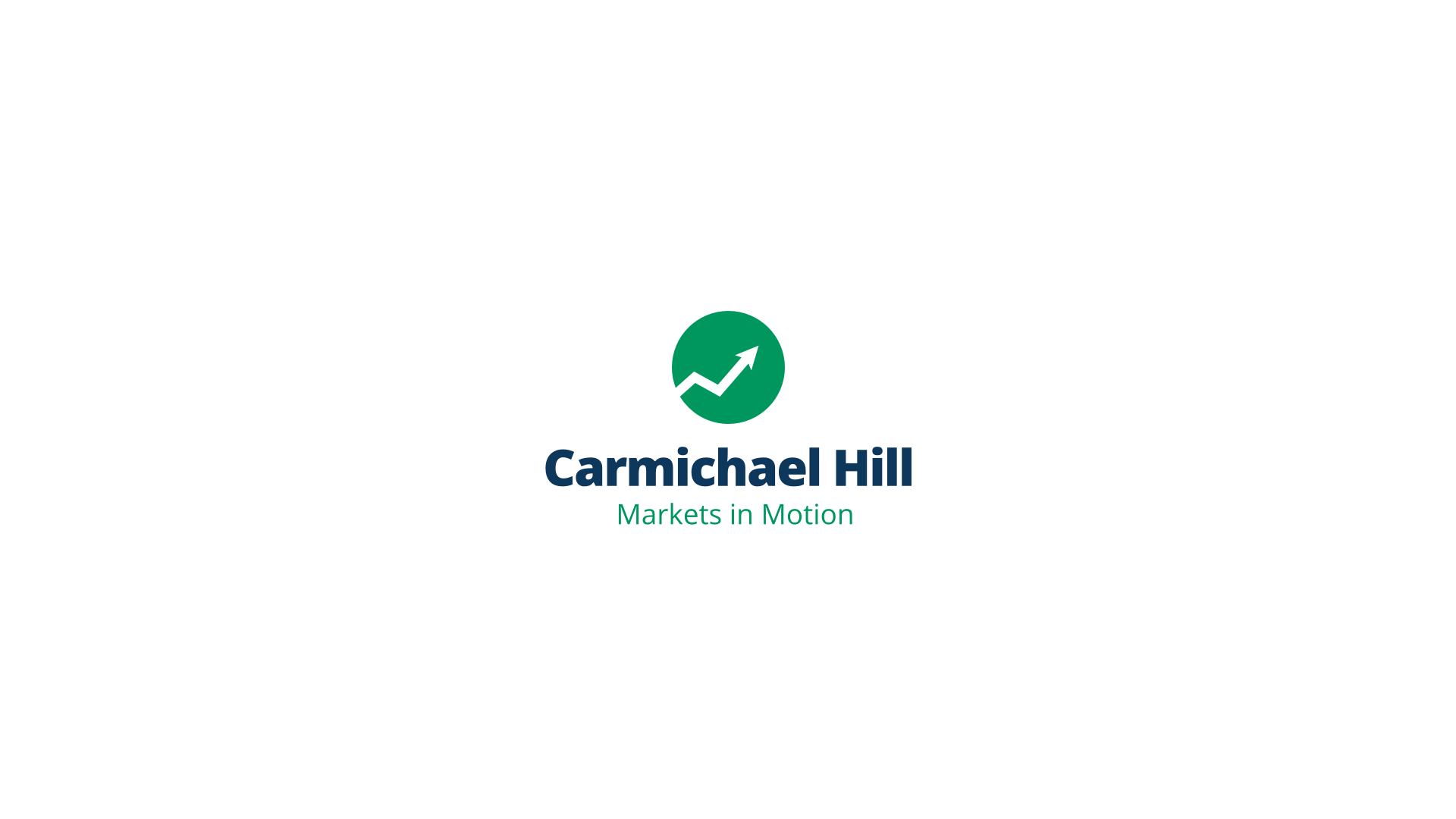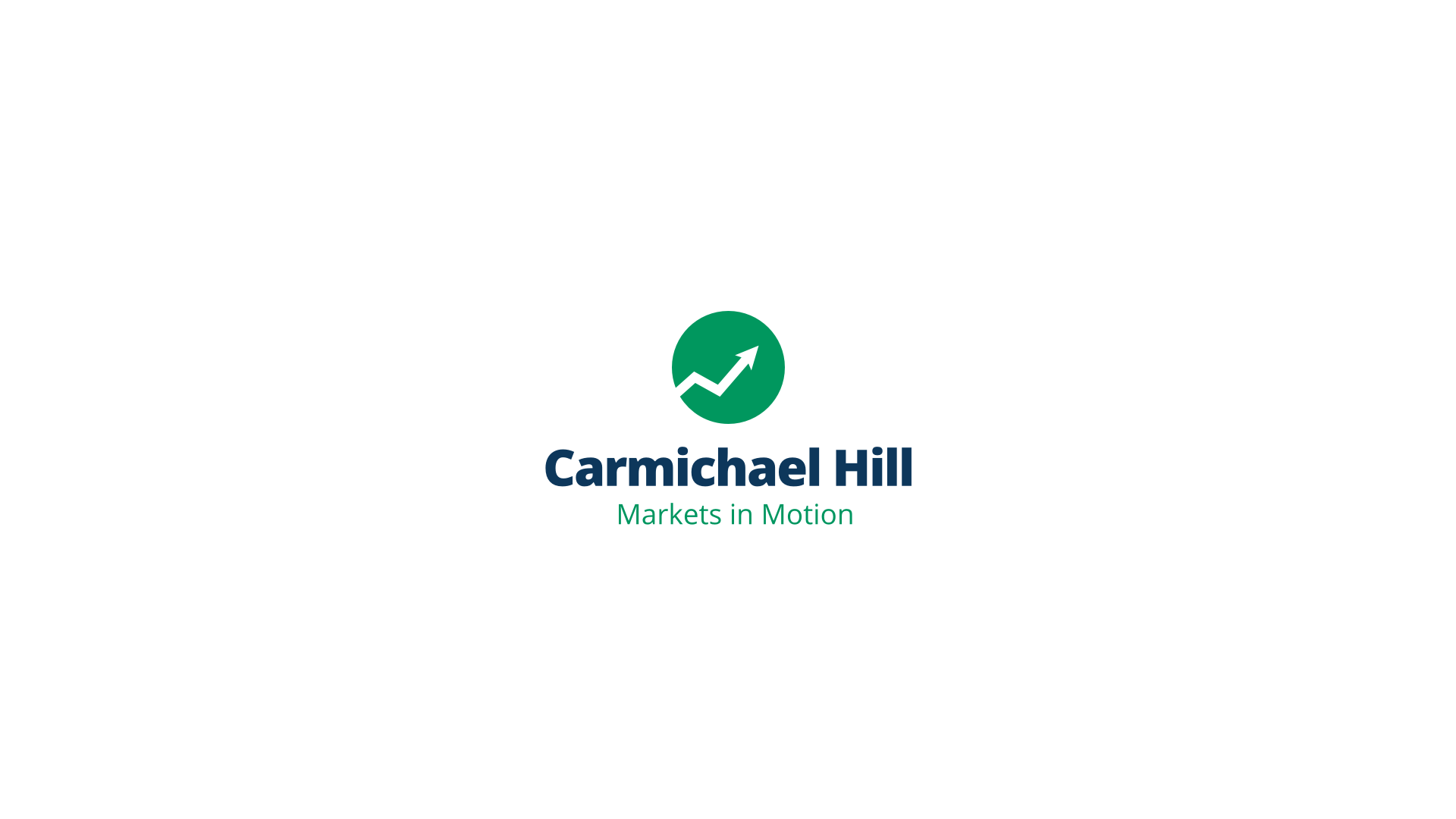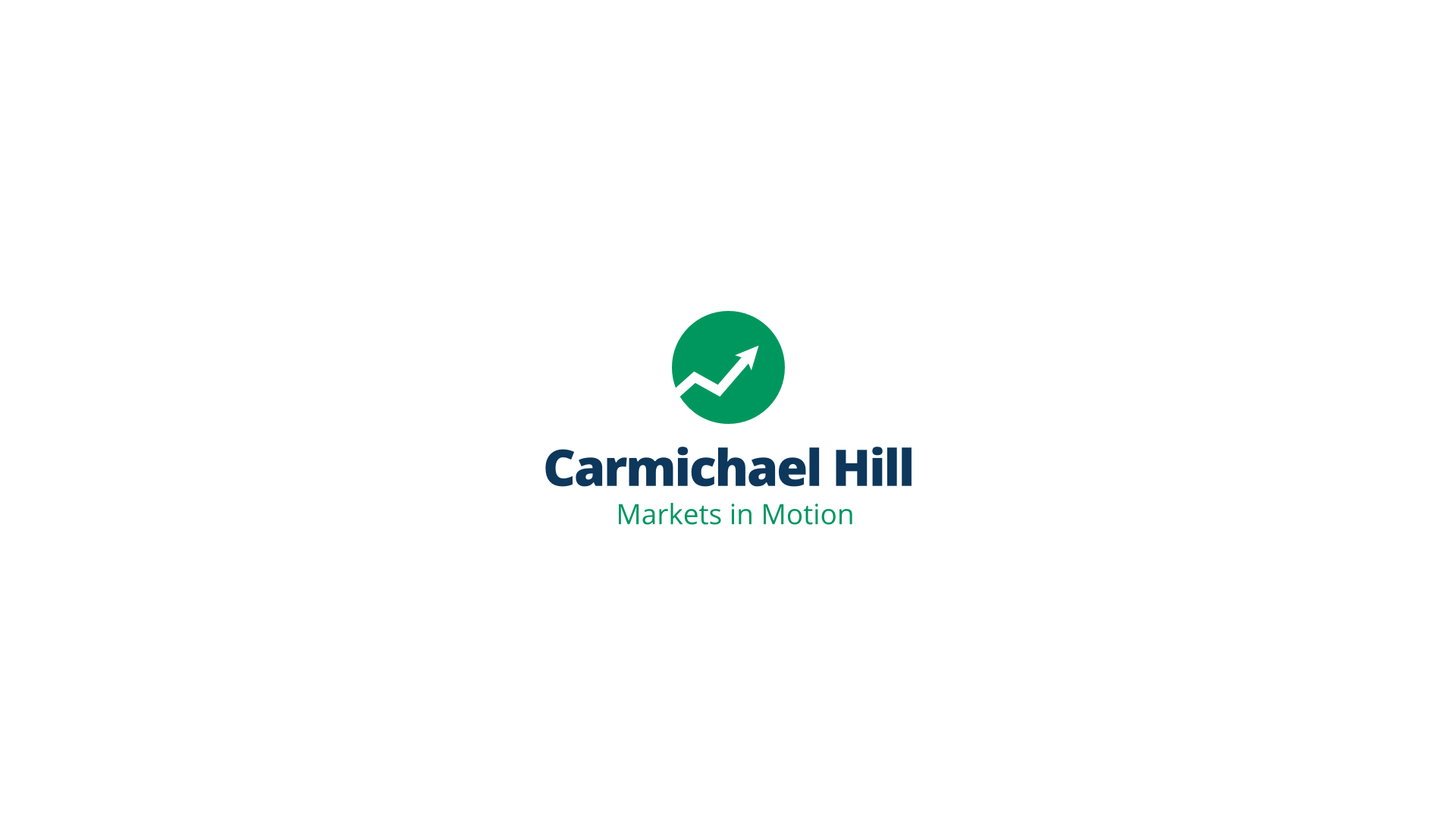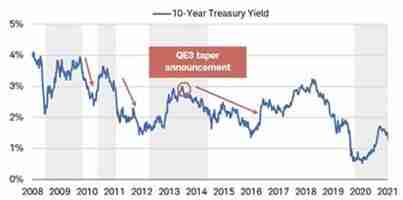Jim Stewart May 12, 2021
Cyber threats are increasing on both the personal and corporate levels. You’re probably familiar with phishing attempts and outlandish “help” emails coming from a foreign prince. Its typically easy enough to sniff out the bad actors that slip through your spam filter. But corporations face attacks that come at the end of a much sharper sword, often from foreign governments and sophisticated multi-national crime syndicates. The Equifax hack in 2017 and Solar Winds hack in 2020 were notable cases. The Colonial Pipeline ransomware attack in 2021 is another. But Colonial is likely to hurt more. Stopping the flow of gas in an oil dependent economy is exceptionally destructive.
How bad is it?
It’s going to get worse before it gets better. The pipeline spans about 5,500 miles and stretches from Texas to New Jersey. It carries roughly 45% of all gasoline consumed on the east coast. The pipeline shutdown last Friday following a Ransomware attack from a group known as Darkside.
The shutdown is causing acute fuel shortages in some parts of the southeast. Roughly 20% of the gas stations in Georgia have no gas to sell at the time of this writing. The figure rises to 28% in North Carolina. Long lines at stations with product are forming as consumers load up and hoard.
Gas prices are rising, too. The price of a gallon of gas has risen anywhere from $0.03 to $0.10 depending on your corner of the country, according to AAA. The national average is now hovering at $3/gallon. This is a far cry from it’s fire sale price just a year ago.
What’s Next?
Federal agencies are responding to the crisis quickly. Fuel ships, rail cars, and transport trucks are being used to alleviate shortages in the hardest-hit areas. But these methods are inefficient. They take longer, carry less, and cost more than the pipeline. These factors all serve to increase cost.
This is a problem in the supply chain and not the actual supply. What we’re experiencing now is a bottleneck – producers are still pumping but consumers can’t buy. The gas crisis of the late 70s was a supply crunch. Plenty of room to distribute but not enough supply coming in. Supply and demand fundamentals haven’t changed because of the hack but the ability to marry the two has. The Biden administration has said the pipeline will be fully operational in roughly two weeks. Supply will normalize along with prices and life will return to normal.
But the hack brings up thornier long-term issues. Darkside has proven that critical infrastructure in the US is vulnerable. Markets can falter when critical infrastructure fails. The Colonial hack is disruptive and expensive but not economically devastating. The next hack could be. We expect to see legislation and a new focus from America’s national security apparatus, though these are unlikely to move markets.
The Colonial hack reinforces the benefits of a diversified portfolio. Exogenous shocks can come from anywhere. Nobody could have reasonably predicted and timed this correctly, but anyone with energy sector holdings just got a bump from the increased gas prices caused by the supply crunch. Be diligent, stay disciplined, and be kind. Don’t hoard your gas.





